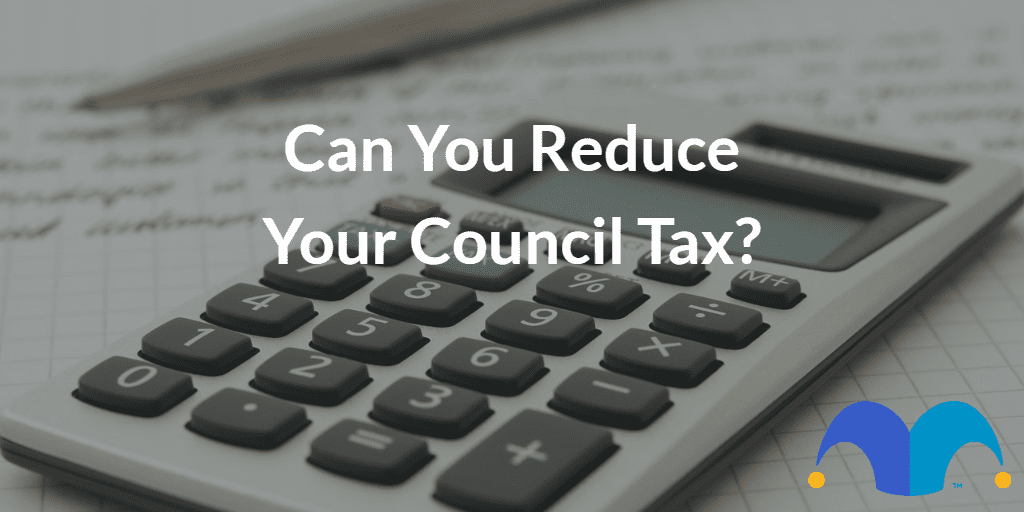Council Tax pays for local services such as schools, rubbish collections and libraries. Annual rises of up to 5% are common and can be difficult to stomach, especially if you live in a home in a high band. But did you know that it’s possible to reduce your Council Tax bills? Here’s what you need to know.
How much Council Tax do you have to pay?
The amount you have to pay in Council Tax is determined by the value of your home. In general, the higher the value, the bigger your bill.
To determine how much you have to pay, you can use a Council Tax calculator to see how much your local authority charges for each band. You can also find out by going directly to your local council’s website.
How can you reduce your Council Tax bill?
There are two ways to reduce your Council Tax bill:
- Challenge your current band
- Qualify for a reduction based on your personal circumstances
How do you challenge your Council Tax band?
In England and Scotland, your Council Tax band is based on all house valuations obtained in 1991. Many believe these valuations are unreliable, given that a vast number of homes were banded in a short space of time.
The same method was used in Wales, though a revaluation process took place in 2003. Northern Ireland uses a different system.
To help you decide whether you should challenge your Council Tax band, it’s worth looking at the bands of neighbouring properties. To do this, you can use the Valuation Office Agency (VOA) in England, or the Scottish Assessors Association north of the border.
Should you discover that your neighbours’ properties are in a lower band than yours, and you are confident that their properties have similar values to yours, you may wish to challenge your band.
In England, you can visit the gov.uk website to explore your next steps. Alternatively, you can contact the VOA directly, who will tell you how your band was decided. If you are dissatisfied with their explanation, you will be given the opportunity to say why you feel your band is incorrect. In Scotland, you can enter your postcode on the SAA website.
What if you’re successful?
If you’re successful, your Council Tax bills should be lower going forward. You should also get a repayment, backdated as far back as 1993, though this will depend on how long you’ve lived at your property.
What if you’re unsuccessful?
This is where it gets tricky. If you are unsuccessful, it will be for one of two reasons:
- Your band is considered to be correct.
- Your council thinks your band is too low.
If it’s correct, you will simply have to carry on paying your usual Council Tax bill.
However, if your band is considered to be too low, your Council Tax bill will rise. Plus, you’ll also be expected to cough up for any years that you were paying the wrong amount.
Furthermore, your council may also reassess the bands of neighbouring properties. This is unlikely to make you the most popular person on your street!.
So while you may want to reduce your Council Tax bill, think very carefully before deciding to challenge your band.
Do you qualify for a Council Tax reduction?
Regardless of whether you decide to challenge your band, it’s possible you can reduce Council Tax by qualifying for a reduction.
Here’s what’s available:
- Single person’s discount. If you live alone, or with someone under 18, you may be able to reduce your council tax bill by 25%.
- A discount if you live with someone with a ‘severe mental impairment’. You may be able to get a discount of up to 100% if you live with someone who suffers from Alzheimer’s, Parkinson’s or has severe learning difficulties.
- Student exemption. Households solely consisting of full-time students (studying at least 21 hours a week) don’t have to pay any Council Tax. If you live with students but aren’t one yourself, then you may be entitled to a partial discount.
- A reduction if you’re a live-in carer. If you, or someone in your household, is a live-in carer (working at least 35 hours per week), you may be able to reduce your Council Tax bill. This applies as long as the person cared for claims Disability Care Allowance.
If any of the above apply to you, then it’s possible for you to reduce Council Tax bills. To claim any discount, including backdated payments, you must apply to your local council.
It’s also worth knowing that you may also qualify for further discounts if you are on a low income or claim benefits, or if other specific circumstances apply to you. To see the other reductions available, you can visit the gov.uk website.
Please note that tax treatment depends on your individual circumstances and may be subject to change in the future. The content in this article is provided for information purposes only. It is not intended to be, neither does it constitute, any form of tax advice.
